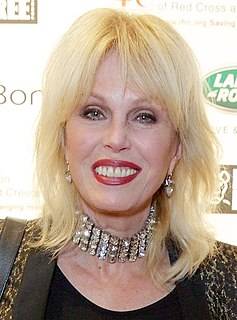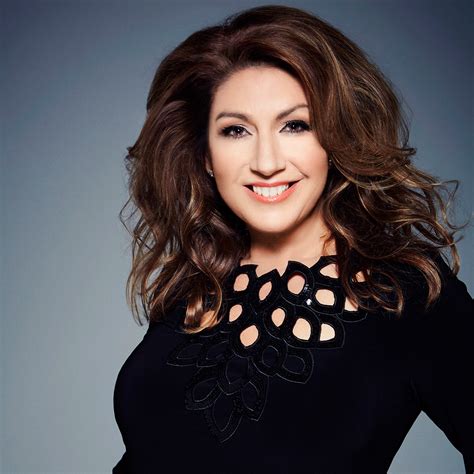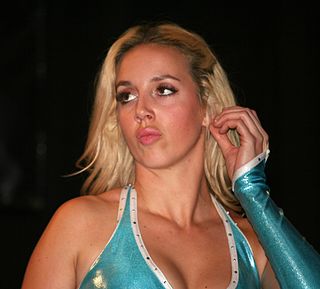A Quote by Steven Tyler
We need to go back to the way it was 30 years ago, when everybody had Grandma and Grandpa, and we were willing to pass moral judgments about right and wrong.
Related Quotes
Yes, business really does change. 400 years ago, corporations were formed by royal decree. 300 years ago, many countries were powered by slave labour, or its closest moral equivalent. 200 years ago, debtors didn't go bankrupt, they went to prison. 100 years ago - well, business is largely the same as it was a century ago. And that's exactly the problem. Business hasn't changed, but today's array of tectonic global shocks demands a different, radically better kind of business. Yesterday's corporations visibly cannot meet today's economic challenges.
If you listen to Hillary 30 years ago and Hillary today, she's still complaining about the same things. She's still promising to fix the same things. She's still suggesting we need to address the same things. It tells me that in 30 years, she has not solved anything. In 30 years, she hasn't fixed anything. In 30 years, she hasn't made anything better.
Do you know I had the best time on 'Loose Women' and I'm very, very fond of the show still. I know everybody who's on it and it's a great open door to go back if I need to. Everybody on there is lovely and I've got a great relationship with them - the new ones and the old ones. It's been a big part of my life over the years, so it's nice I can nip back. I do miss everybody on it, but we're all on What'sApp, so I know what everybody is up to.
I'm not saying that atheists can't act morally or have moral knowledge. But when I ascribe virtue to an atheist, it's as a theist who sees the atheist as conforming to objective moral values. The atheist, by contrast, has no such basis for morality. And yet all moral judgments require a basis for morality, some standard of right and wrong.
The ethos of 50 years ago was that there was one kind of English that was right and everything else was wrong; one kind of access that was right and everything else was inferior. Then nobody touched language for two generations. When it gradually came back in, we didn't want to go back to what we did in the 1950s. There's a new kind of ethos now.




































